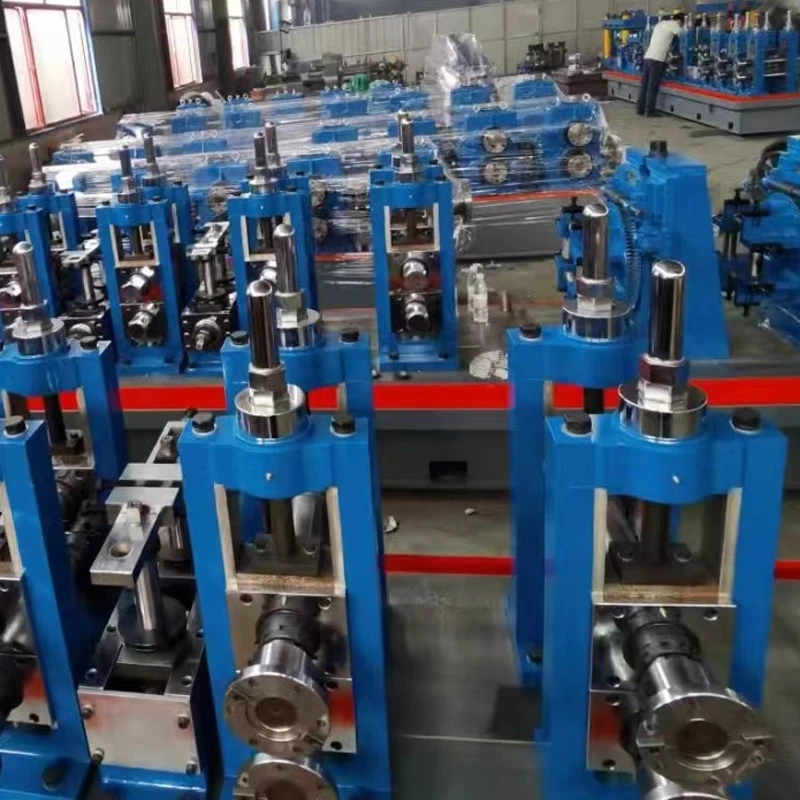molds & plastic machinery
The Evolution and Importance of Molds in Plastic Machinery
Molds and plastic machinery form the backbone of the modern plastics manufacturing industry. As versatile materials, plastics have gained immense popularity across various sectors, from automotive to consumer goods. The importance of molds in shaping these materials cannot be understated, as they play a pivotal role in determining the quality, efficiency, and cost-effectiveness of the final products.
At its core, a mold is a hollowed-out block that is used to give shape to liquid or pliable materials. In the context of plastic manufacturing, molds are intricately designed to produce plastic components that meet precise specifications. The design and manufacturing of molds have evolved significantly over the years, thanks to advancements in technology and materials science.
The Evolution and Importance of Molds in Plastic Machinery
The production process begins with selecting suitable raw materials for both the mold and the plastic product. Common mold materials include steel and aluminum, chosen for their durability and ability to withstand high temperatures and pressures. Additionally, the choice of plastic resin is crucial. Different types of plastics, such as polyethylene, polypropylene, and PVC, exhibit varying properties, making it essential to select the right material based on the application and desired characteristics of the final product.
molds & plastic machinery

The molding process itself typically involves injection molding, blow molding, or compression molding. Injection molding, in particular, is widely favored for its efficiency and ability to produce high volumes of identical parts. The process involves injecting molten plastic into a mold and allowing it to cool and solidify. This results in products that are not only consistent in quality but also cost-effective to produce at scale.
In recent years, the demand for sustainable practices in plastic manufacturing has risen. Consequently, the industry is witnessing a shift towards using recyclable and biodegradable plastics, pushing mold designers and manufacturers to adapt their processes. Innovations such as energy-efficient machinery and molds designed for reusability are being developed to minimize environmental impact.
Furthermore, quality control is integral to mold and plastic machinery operations. The performance of a mold directly impacts the quality of the product it produces. Factors such as temperature control, mold design intricacies, and maintenance routines all contribute to the longevity and effectiveness of molds. A well-maintained mold can produce tens of thousands of parts before replacement is necessary, which highlights the importance of regular inspections and upkeep.
As the global market continues to expand, the significance of molds and plastic machinery will only grow. Industries are increasingly relying on these technologies to deliver innovative solutions that meet consumer demands for both quality and sustainability. The evolution of this field promises exciting developments, with ongoing research and technological advancements paving the way for smarter, more efficient production methods.
In conclusion, molds and plastic machinery are essential components of the manufacturing process that drive the efficiency and quality of plastic goods. As technology continues to evolve, the future of molds in the plastic industry looks promising, with innovations aimed at enhancing sustainability and performance. The collaboration between mold designers, manufacturers, and end-users will be pivotal in shaping a more efficient and eco-friendly plastic production landscape.
-
High Frequency Straight Seam Welded Pipe Production Line-BzZhou Xinghua Machinery Equipment Manufacturing Co., LTD.|Precision Welding, High EfficiencyNewsJul.30,2025
-
High Frequency Straight Seam Welded Pipe Production Line|BzZhou Xinghua|Precision Welding&EfficiencyNewsJul.30,2025
-
High Frequency Straight Seam Welded Pipe Production Line - BzZhou Xinghua|Precision Engineering&EfficiencyNewsJul.30,2025
-
High-Frequency Straight Seam Welded Pipe Production Line-BzZhou Xinghua Machinery Equipment Manufacturing Co., LTD.NewsJul.30,2025
-
High-Frequency Straight Seam Welded Pipe Production Line-BzZhou Xinghua Machinery Equipment Manufacturing Co., LTD.|Precision Manufacturing, High EfficiencyNewsJul.30,2025
-
High Frequency Straight Seam Welded Pipe Production Line-BzZhou Xinghua Machinery Equipment Manufacturing Co., LTD.|Precision Steel Pipe Manufacturing&Industrial EfficiencyNewsJul.29,2025


